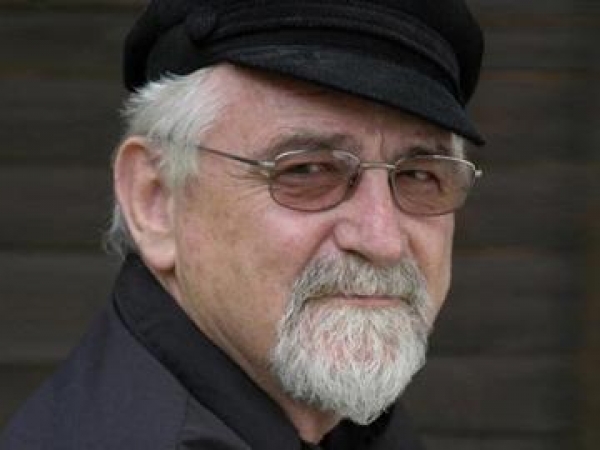

Terry Bell.
15 September 2014
Deputy defence minister Kebby Maphatsoe this week withdrew his claim that public protector Thuli Madonsela was a “CIA spy” and apologised for the statement. But the issue continues to reverberate throughout the body politic.
Yet while much has been made of the abuse directed at the public protector, there has been little said about similar attacks on Cosatu general secretary Zwelinzima Vavi and his National Union of Metalworkers (Numsa) counterpart, Irvin Jim. They, like Madonsela, have now been assigned the roles of “counter revolutionaries”, and worse.
The common denominator is that all three are seen by their detractors to have, by their findings and comments, to have undermined the standing of President Jacob Zuma and the position of the governing alliance. In the not too distant past, such baseless accusations could have resulted in brutal incarceration, torture and even death.
Yet all that Madonsela has done is to carry out her duties, in the process highlighting, in one of her many cases, the extraordinary amount of public money spent on Zuma’s private residence. Vavi, on the other hand, has criticised the amount of time and effort Cosatu unions spend on political battles.
He also drew particular ire recently for making what many analysts agree was a probably accurate assessment of the state of Cosatu unions.
Addressing the Food and Allied Workers’ Union congress in Johannesburg he noted that that “unions are in a state of paralysis” and he added: “The working class is in dire straits, divided and weakened.”
The Cosatu executive, where the majority are implacably opposed to Vavi, were outraged. But there is a fair amount of evidence, as this column has noted in the past, that there is widespread disillusionment at rank and file level.
Jim saw his recent comment that there exists in the alliance a “blind defence and loyalty to the RSA president” described in a Communist Party (SACP) publication as revealing him as an ally of “many sections of apartheid conservatives, liberal and right-wing opportunists, infantile left-wing populists and demagogues”.
There is, of course, nothing new about such verbal vitriol that goes beyond the range of robust debate. It is ideologically based and has a history going back to the exile years when sections of the trade union movement were also often the targets.
It should not be forgotten, for example, that when the modern, anti-apartheid union movement first emerged, it was opposed by the self exiled South African Congress of Trade Unions (Sactu). The same applied initially when Cosatu was formed.
These were cases of trying to impose dogmatic theory on reality. Because leaders within the Communist Party (SACP) had declared that South Africa was “fascist”, it was held that independent, anti-apartheid trade unions could not exist in such a state.
With this dogmatic approach came the arrogant assumption that Sactu in exile was the “only true representative of South African workers”. In the same vein, the SACP claimed to be the — not a — “party of the working class”, a position formally adopted much later by Cosatu.
At the same time, there was a dominant tendency within the ANC that insisted that the ANC was “the only true representative of the South African people”. Therefore, the tripartite alliance and its leaders were equated with the majority of South Africans.
It then made sense that anyone criticising the leaders or the party’s policies and practices was “an enemy of the people”. It was this thinking that led, as far back as 1966, to some individuals in the camps of exile being charged with “high treason” and facing the death penalty.
In the circumstances of armed conflict and in exile communities known to be the targets of infiltration, a degree of paranoia is understandable. It should have no place in a parliamentary democracy.